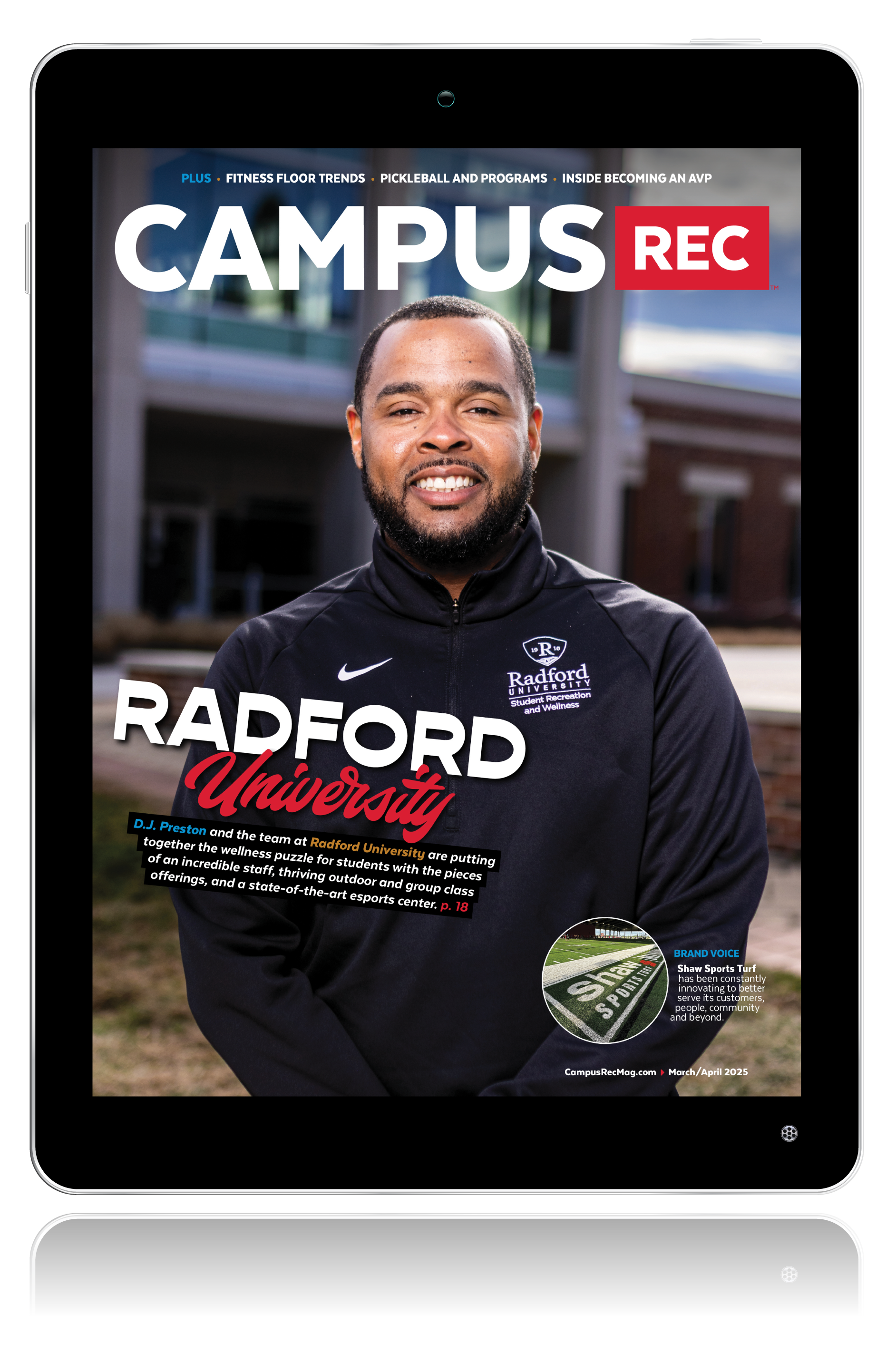The behavior of millennial consumers has dominated the conversation of marketers and business owners for the past few years. But looking to the future, it’s time to start talking about Generation Z ( Gen Z ) — the post-millennial generation. Gen Z is defined as those born between 1997 and 2012. The youngest of this generation are in elementary school, with the oldest just graduating from college. By 2020, they will account for nearly 30% of the U.S. population, so it’s time to start thinking about how we should communicate and interact with this new generation.
As the first generation of true digital natives, Gen Z has an innate ability to collect and cross-reference many sources of data. Marketers need to be focused on a “mobile first” strategy, as Gen Z spends more time than any other generation on their smartphones. They also seamlessly merge virtual and in-person experiences to build a cohesive impression of a brand, and are less emotional and more analytical and pragmatic than their millennial predecessors.
Before you get too worried about changing your entire marketing strategy, you should know Gen Z is similar to the millennial generation in a lot of ways. They also use search engines and social networks to research buying decisions, but they differ slightly in how they use social media. Gen Z has segmented their platforms for specific uses. According to Response Media, Instagram is used to show the perfect version of their lives, Snapchat is for real–life moments, Twitter is used as a news source and Facebook is for information gathering. An interesting difference about Gen Z is their purchase cycle doesn’t conclude until they have shared the purchase with their connections and received feedback on their decision.
With Gen Z’s greater focus on individual goals, will self-directed workouts and personal–training usage rates increase? Will they be drawn to small group over group exercise? Will the niche offering of a studio play to the individualism of this generation? With a more competitive nature than millennials, how can offerings be competitive without hurting the community aspect that makes coming to a facility so meaningful? Only time will tell how this newest generation of consumers will behave within our fitness facilities.
One behavior of Gen Z is a given: Technology will continue to become an increasingly larger part of their fitness experience. Technology will serve multiple functions; it will be a way to consume fitness content, track output and performance, monitor personal progress and stay connected. To remain competitive with this generation, it’s not just about having the most technology, it’s about using it smartly. Finding a way to weave these technology components naturally into your facility’s offerings will be essential.
Gen Z is coming, and it’s time we start talking more about them and what it means for facilities.
By Amy Bridgeo, the executive director of Beachbody LIVE, a division of Beachbody, LLC. For more information, email abridgeo@beachbody.com.











Yeah your range is wrong. Youngest Millennials are born up to the early 2000s. The gray area starts around 95 but the actual fall on gen Z are those after early 2000s 2000.this is just wrong
Fake news at its best